Bringing Care for Creation to Life at Saint Ignatius High School
BY KELLY SWAN | June 20, 2019
Throughout the spring of 2019, a “tree” stood on the campus of Saint Ignatius High School in Cleveland, Ohio. This was no ordinary tree, fashioned from downed branches from the neighborhood, cinder blocks, and bricks—and donned with garbage, all single-use items accompanied by facts highlighting the global environmental impact of plastic waste.
The tree was a poignant example of the school’s growing commitment to environmental sustainability, propelled by student, faculty, and staff engagement and the Ignatian Solidarity Network’s Ignatian Carbon Challenge, which this year focused on reducing the consumption of single-use plastics.
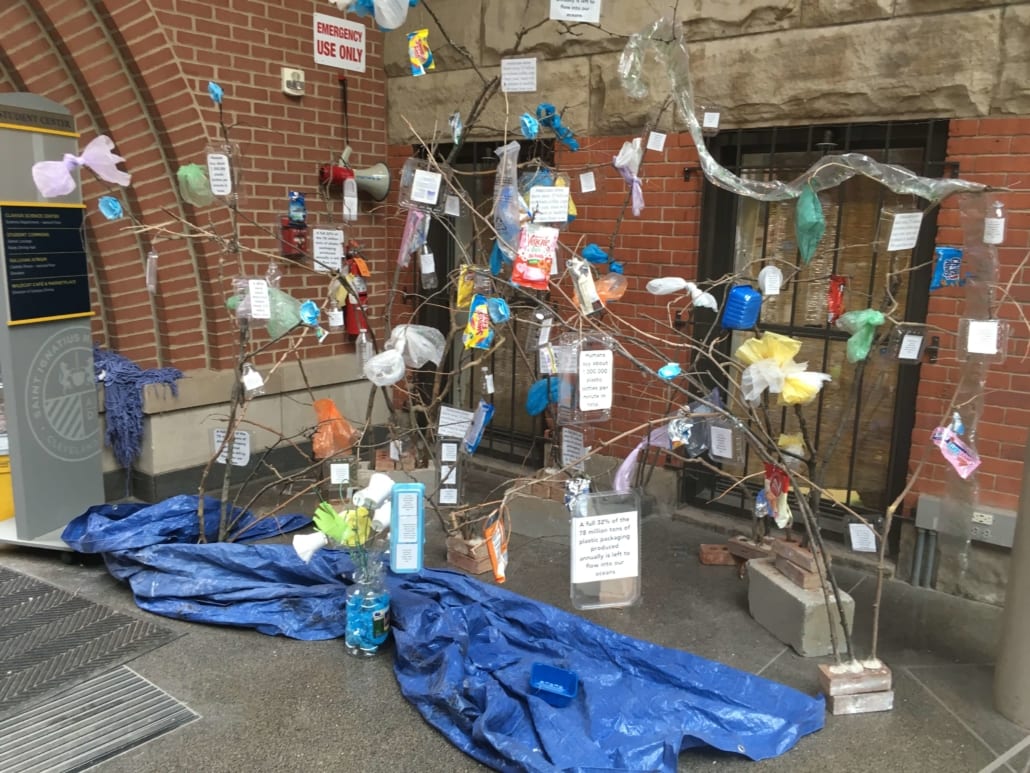
Recycled art—a tree built from downed branches and single-use items—highlights in the global impact of plastic waste on the campus of Cleveland’s Saint Ignatius High School.
The school’s sustainability efforts pull from a variety of campus entities, including the school’s Green Team and Ploughman clubs, National Honor Society (NHS) Character Committee, and environmental science classes.
While school efforts are not new, a trash audit performed by an environmental science class during the 2017-2018 academic year served as a catalyst for the campus’ most recent efforts, including campus-wide recycling and composting.
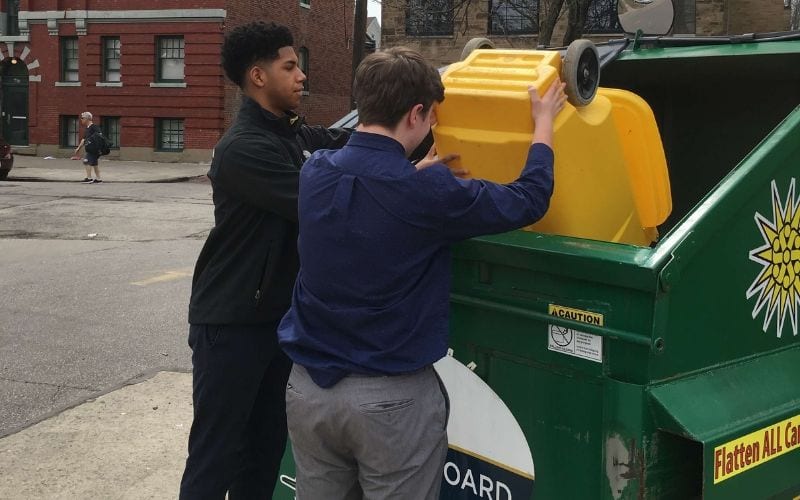
Green Team members empty recycling into large bins.
The Green Team serves in a public service role, orienting their peers to composting, recycling, and reuse methods in the cafeteria. All school compost is processed by Full Cycle Organics, also in Cleveland, a local business committed to reducing landfill waste by creating high-quality compost from all types of food waste, paper products and cardboard, and biodegradable service-wares. Due to the Green Team efforts, the school boasts a 6% compost contamination rate, as reported by Full Circle—excellent in the industry.
This year, the school hosted the first Care for Creation Week, coordinated by the NHS Character Committee, featuring a poster and infographics blitz, environmentally-themed morning prayer, including excerpts from Pope Francis’ environmental encyclical, Laudato Si’, environmentally-focused petitions at Friday mass, and a film screening. After the week’s events, the Green Team doubled to nearly forty members, and thus the school’s compost contamination plummeted with the increased presence of members committed to peer education.
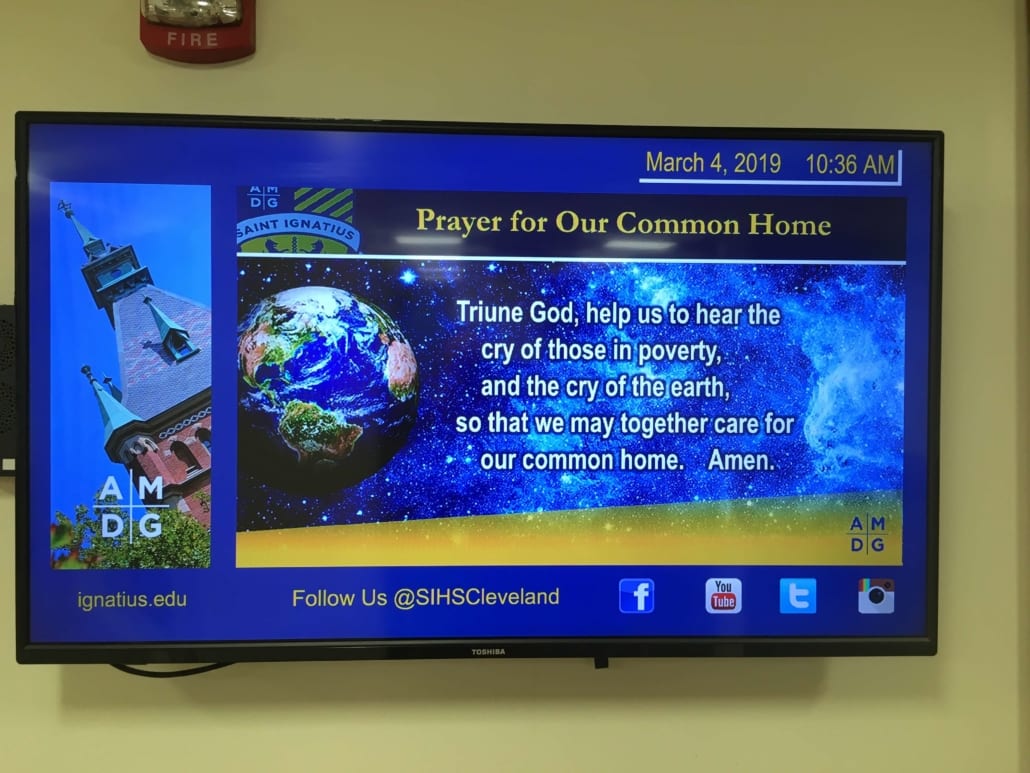
Prayer for Our Common home on a digital sign during Care for Creation Week.
In the coming academic year, as a result of student and faculty advocacy, the cafeteria will expand from reusable plates and recyclable cups to include reusable silverware, further reducing campus waste.
Efforts are not limited to classroom and cafeteria recycling and composting, however. This year, through the school’s Ploughman Club, a gardening group, administrators were presented with a Native Plants Proposal for the new campus athletics practice facility. The proposal was met with enthusiasm and, while landscaping plans had already been in the works, native plants will be added to the current plans, potentially to areas surrounding the school’s chapel.
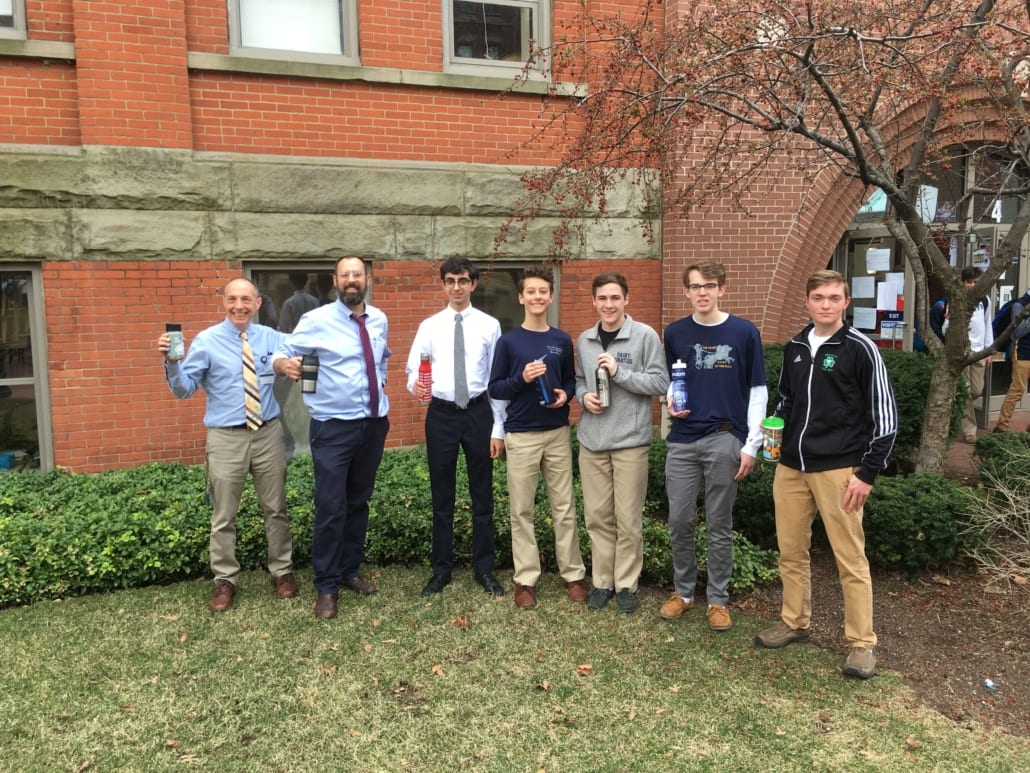
Faculty and students show off their reusable containers.
The Green Team piloted its first “zero waste” event this year, at the school’s “Last Lecture,” incorporating reusable items, a student-staffed composting station, and recycling. Waste was kept to a bare minimum.
The Green Team also supports recycling efforts at a neighborhood public elementary school just a block from the St. Ignatius campus, providing large recycling bins for use inside the elementary school and collecting them each week to add to the St. Ignatius outdoor collection bins.
Plans are also in the works to integrate “plogging” into the school’s Green Team and Christian Action Team’s programming next year. Plogging is a dynamic and growing global fitness and sustainability movement featuring a combination of jogging and neighborhood litter collection.
While the recycled art tree no longer stands on campus this summer, when students return in the fall, the Green Team will be there to meet them, ready to put Pope Francis’ call to care for creation into action.
Kelly Swan has worked for the Ignatian Solidarity Network since 2016, first as communications director, and now as director of advancement. She grew up in West Virginia and is a graduate of Wheeling Jesuit University. Kelly has worked in parish social ministry, child and family advocacy, community education and organizing, and publishing. She lives in the Cleveland, Ohio area with her children.

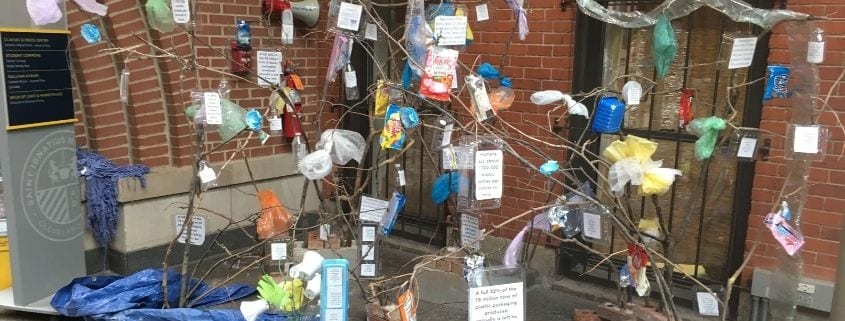


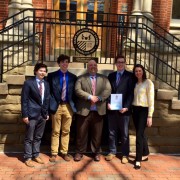


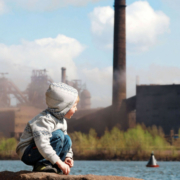

Saint Ignatius High School is showing the way.
To think that the school has implemented various initiatives to reduce waste, such as composting and recycling, and has achieved a 6% compost contamination rate, which is excellent in the industry,
Prevention is a must.